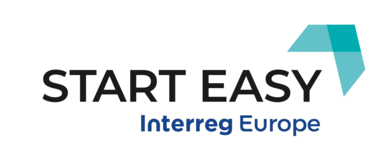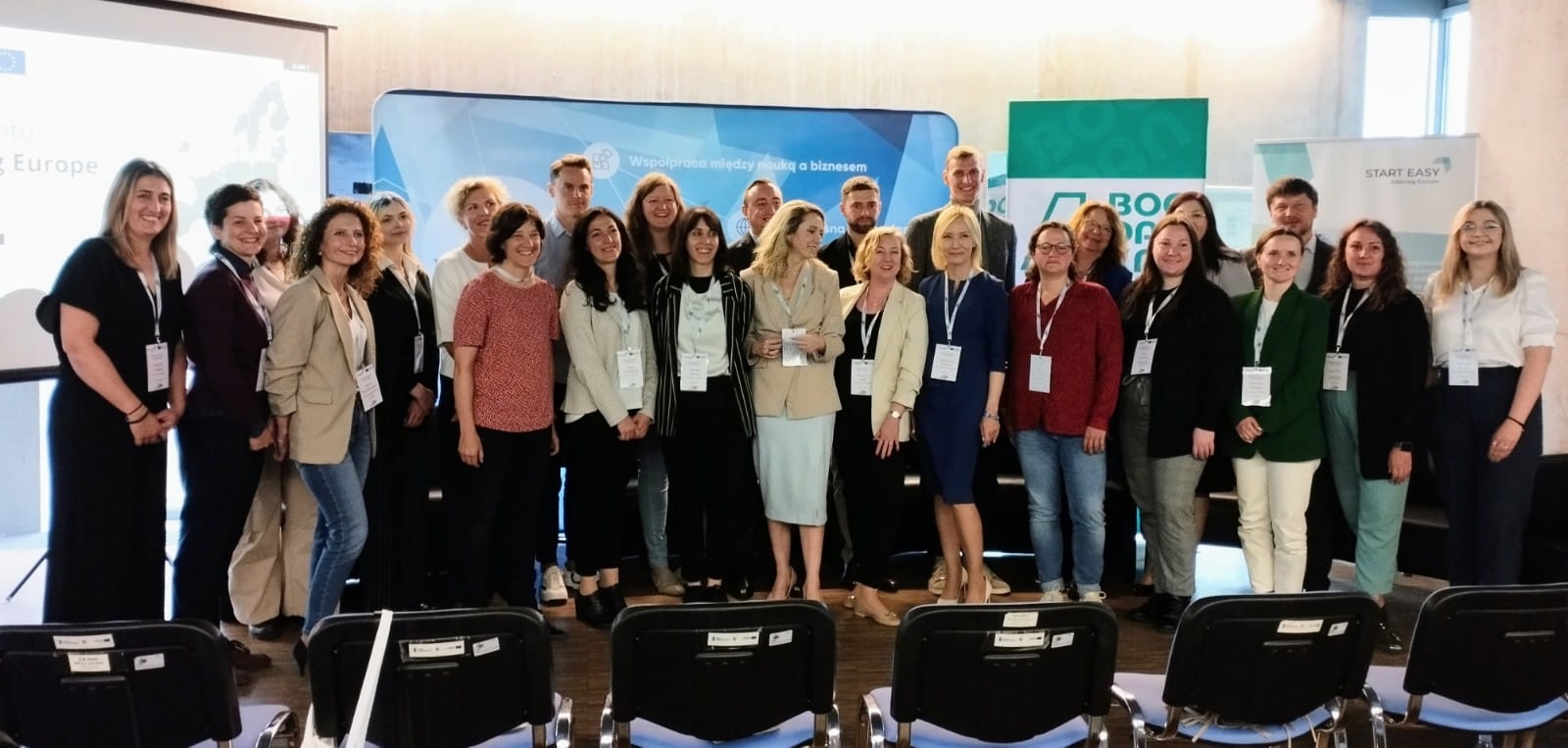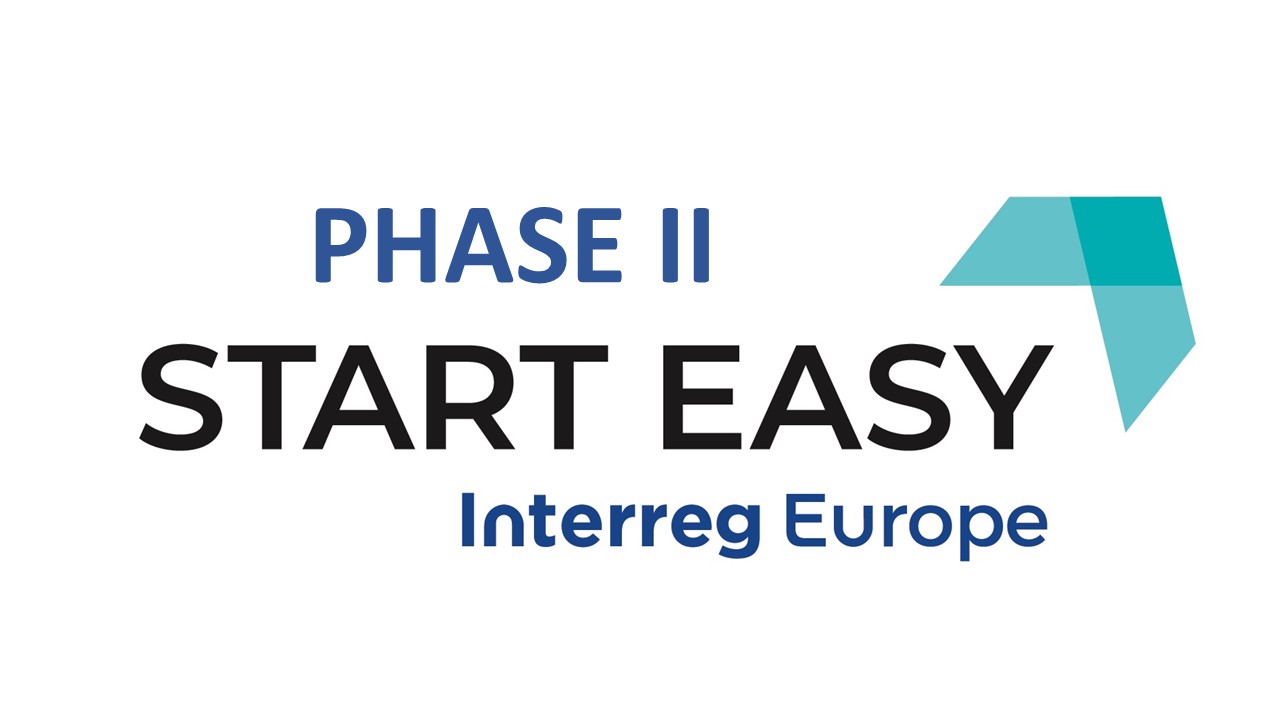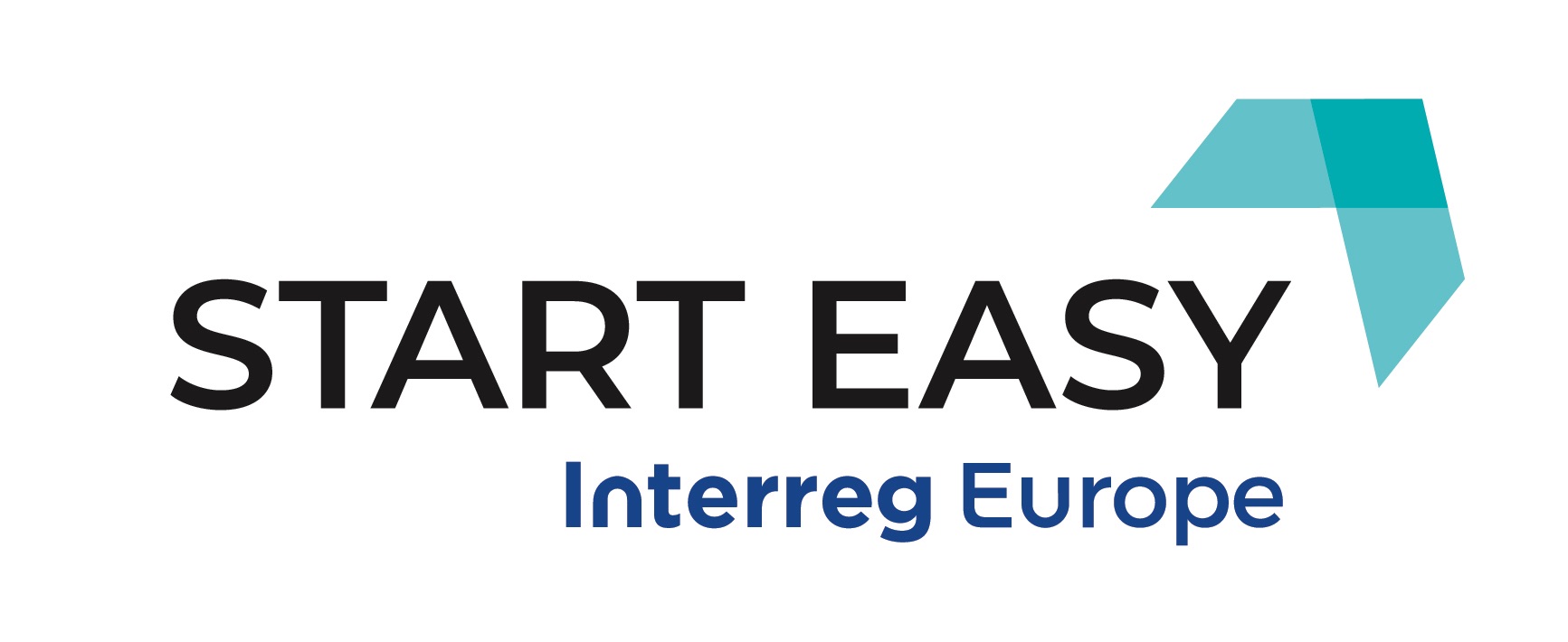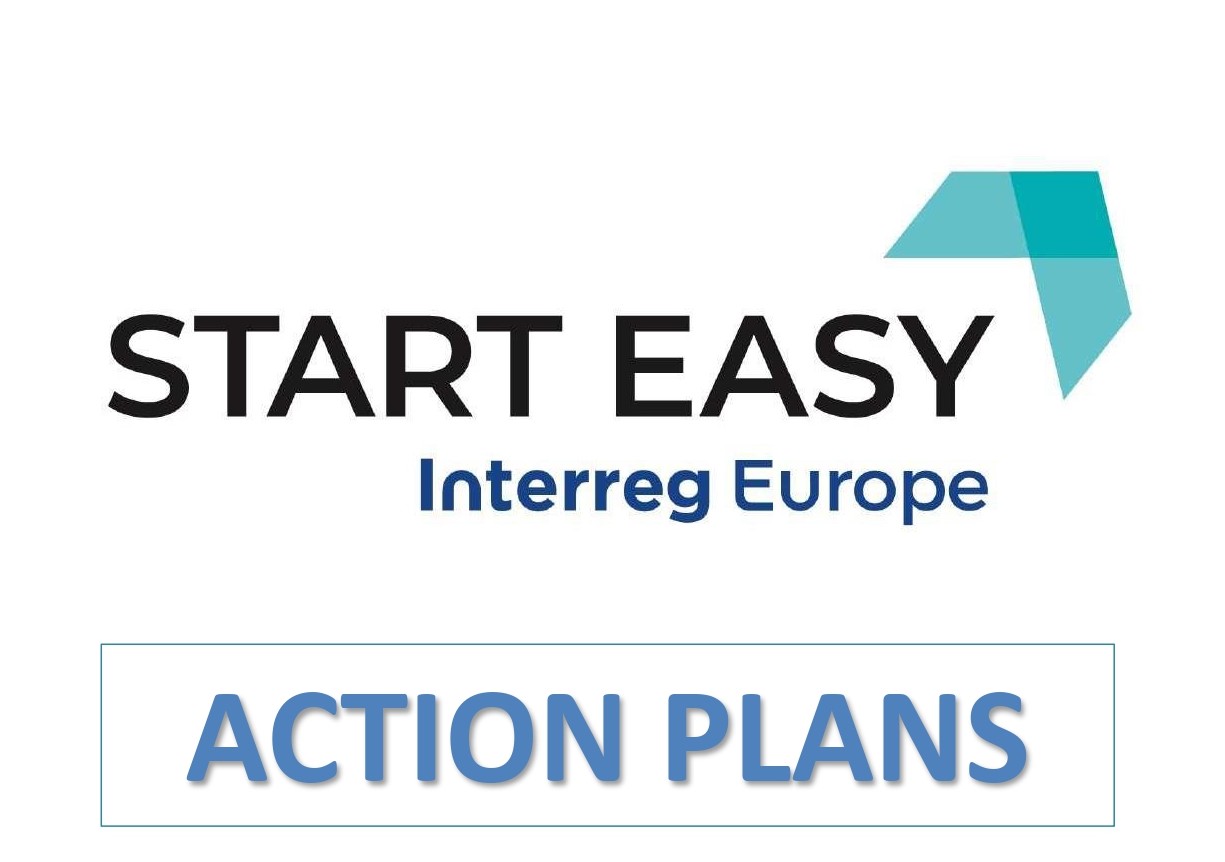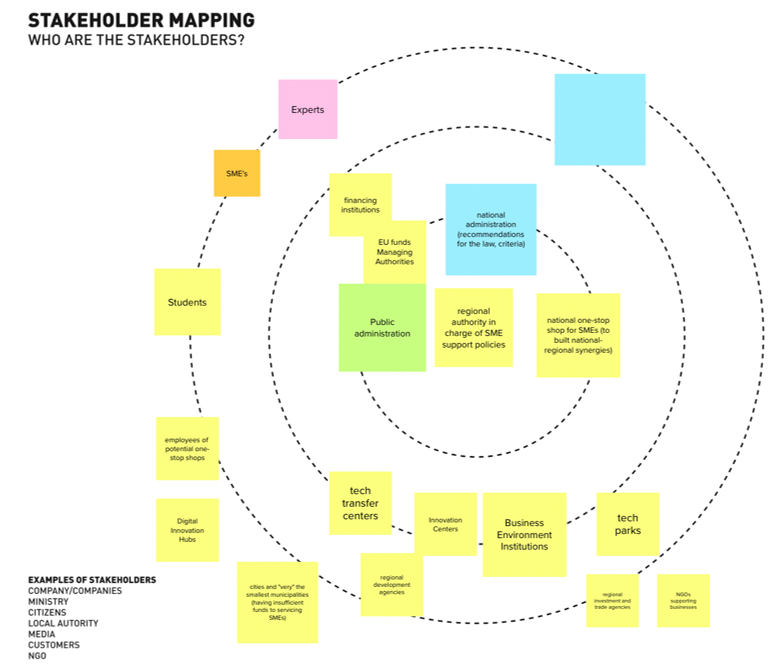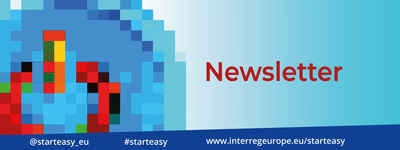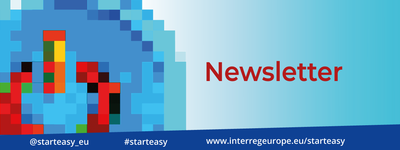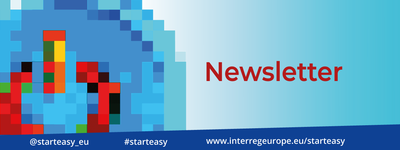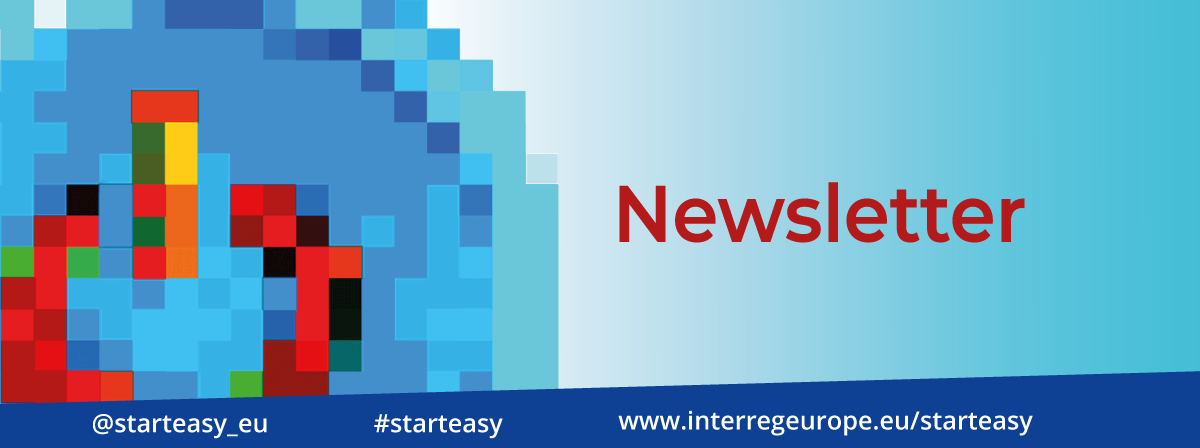On the 4th of May 2021 ECEF and Vlajo got the opportunity to present three good practices on young entrepreneurship to other policy makers of Interreg Europe and the Interreg Policy Learning Platform. The European project coordinator Sarah Levecque of the Economic Council of East-Flanders (ECEF) told the audience about one initiative towards pupils in primary education, and two initiatives towards students in secondary education; afterward Ianick Vandaele from Vlajo, the Flemish organisation for young entrepreneurs joined to answer the questions.
The first one is a Vlajo initiative in primary education. Although Vlajo prefers to invest in the teachers (or coaches) in primary education, there is on activity in which the pupils can engage themselves. This is called a talent internship. During seven interactive classes, the pupils learn in which entrepreneurial skill they recognise themselves the most. Afterwards the pupils get to do a short internship in a supermarket. Their role in the supermarket depends on their best developed entrepreneurial skill. For example a student who excels in customer service, will be a cashier.
Vlajo has a large programme in secondary education, and one of them are the mini companies. During the two last years of secondary school, students and their teachers are guided into setting up their own small business and to run it during a certain period. This way students get to know their professional interests and ambitions in an educational environment which is nevertheless very real. The mini companies not only support the students who want to set-up their own business, but also the students who are willing to train their entrepreneurial skills, as to prepare them on a career either as an entrepreneur or as an employee.
The last example is an ECEF initiative: Eureka, I do business. It is a play in which three eccentric hosts guide the students through the set-up of their own company with only one goal: within the hour, they go through the entire foundation process and try to by-pass all possible traps. The link with reality is never far, for example by showing video testimonials of entrepreneurs about their experiences. Through Eureka I do business, we promote young entrepreneurship and the skills needed, such as having guts, taking risks, being responsible and developing self-esteem.
We see some overlap in the learning potential of these initiatives. All in all the most interesting part is stimulating students during their entire school education to be creative and to develop their own talents. It gives them extra luggage for whatever future they choose: this can be as an employee or as an entrepreneur. Thanks to this kind of coaching trajectories, students are far better prepared to realise their entrepreneurial dream.
This was the first presentation in a series of short webinars of Interreg Europe on youth entrepreneurship. In the second session we will move to Andalucía, Spain and take a look at how a successful hackathon programme can be set up for vocational students. In the third and final session we will reach the German-Dutch border where within the Knowledge Alliance Rhine-Waal, an ideation event for university students and a young SME subsidy scheme were set up.
